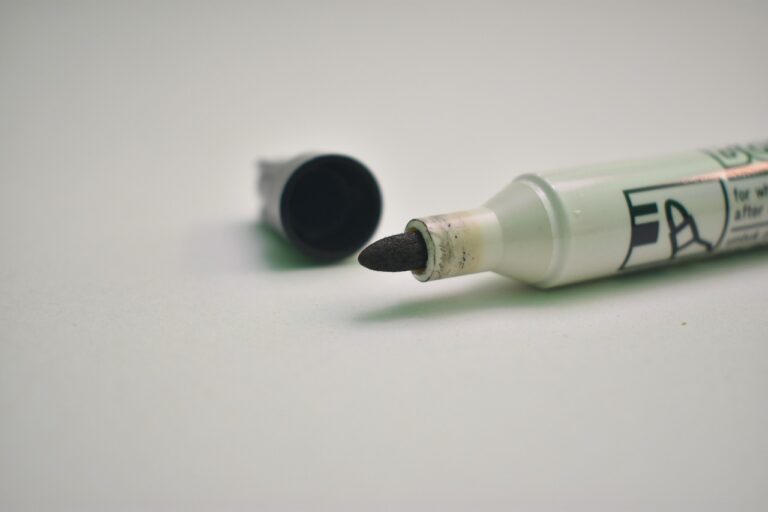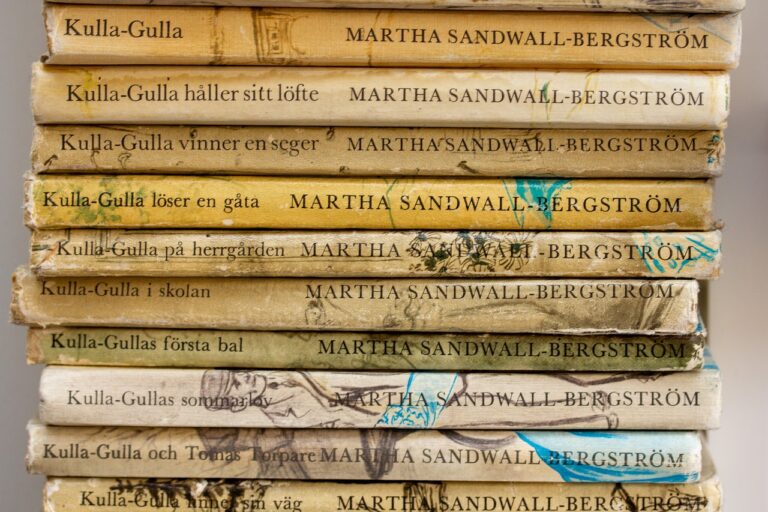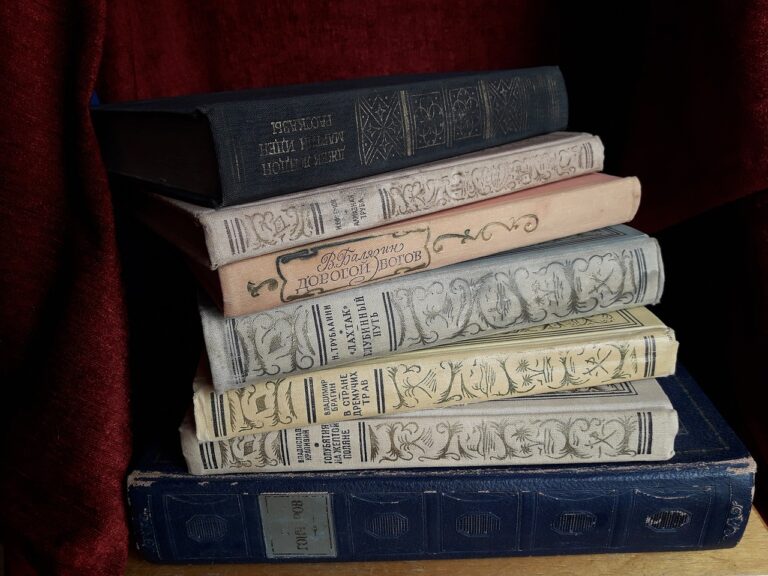Exploring the Role of the Arts in Early Childhood Education: Cricbet99 register, Sky1exchanges id, 11xplay reddy anna
cricbet99 register, Sky1exchanges ID, 11xplay reddy anna: In the world of early childhood education, the role of the arts is essential in fostering creativity, imagination, and cognitive development in young children. Incorporating art, music, dance, and theater into the curriculum can have a significant impact on a child’s overall learning experience and academic success. Let’s explore the many benefits of integrating the arts into early childhood education.
The Power of Creativity
Creativity is the cornerstone of the arts, and it plays a vital role in a child’s development. When children engage in artistic activities, they are encouraged to think outside the box, problem-solve, and express themselves in new and unique ways. By tapping into their creativity, children can develop critical thinking skills, enhance their ability to communicate effectively, and boost their self-confidence.
Enhancing Fine Motor Skills
Art activities such as drawing, painting, and sculpting can help children develop their fine motor skills. By grasping a paintbrush, mixing colors, or cutting paper, children are improving their hand-eye coordination and dexterity. These skills are crucial for tasks such as writing, tying shoelaces, and buttoning shirts, making art an essential component of early childhood education.
Cognitive Development
The arts also play a significant role in cognitive development. When children participate in music lessons, for example, they are not only learning about rhythm and melody but also improving their memory and concentration. Similarly, engaging in theater activities can help children develop their language skills, spatial awareness, and emotional intelligence.
Social and Emotional Growth
Art allows children to express their emotions, thoughts, and feelings in a safe and constructive way. By encouraging children to create art, educators can help them develop empathy, resilience, and self-awareness. Art also provides children with a sense of accomplishment and pride, boosting their self-esteem and fostering positive relationships with others.
FAQs
1. How can I incorporate the arts into my child’s daily routine?
You can incorporate the arts into your child’s daily routine by providing them with opportunities to engage in creative activities such as drawing, painting, dancing, and singing. You can also take them to museums, art galleries, and live performances to expose them to different forms of art.
2. Are there any benefits to introducing music into early childhood education?
Introducing music into early childhood education can have numerous benefits, including improving cognitive skills, enhancing language development, and promoting emotional well-being. Music can also help children learn about rhythm, melody, and harmony, fostering a lifelong appreciation for the arts.
3. How can the arts help children with special needs?
The arts can be particularly beneficial for children with special needs as it provides them with a means of self-expression, communication, and social interaction. Art activities can also help children with special needs improve their fine motor skills, attention span, and sensory processing abilities.







